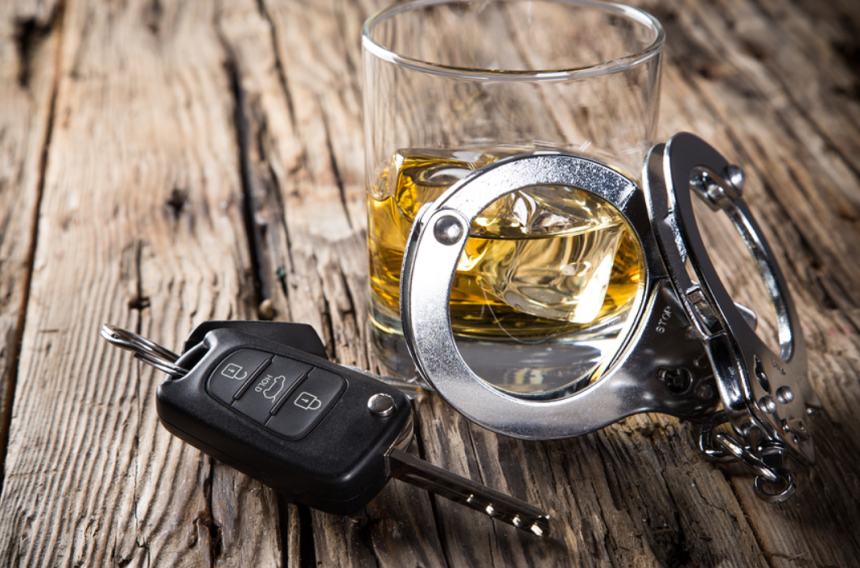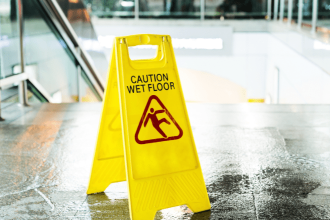Being involved in a drunk driving accident often has devastating consequences, and injuries, which can often be severe, are common, along with vehicle damage. Hopefully, you’re never in a car accident involving an impaired driver and if it happens to you, it’s a good idea to be well aware of all your legal rights.
In this article, we’ll take a look at the road to responsibility for drivers who drink and exactly what it means for your legal case.
When Is a Driver Considered Impaired
State law often varies, but everyone agrees on the same legislation when it comes to what is considered drunk driving. If a driver has a blood alcohol content (BAC) of 0.08 or higher, they are considered to be legally impaired or drunk. While the law is intended for drivers 21 years of age and older, this is the federal legal age to consume alcohol, which applies to everyone who gets behind the wheel after drinking alcoholic beverages.
When it comes to commercial vehicles and drunk driving, the law is even more strict—drivers with a BAC of 0.04 and higher are considered legally drunk. How many alcoholic drinks and what kind can drivers have before reaching the legal limit? The answer varies depending on the driver’s weight, genetics, and gender. To be safe, it’s never a good idea to drive a motor vehicle, even after consuming one glass of wine or a single beer.
Why Drunk Driving Accidents Differ From Other Types of Vehicle Collisions
Any type of car accident can potentially have catastrophic results because of them. For most types of vehicle accidents, the at-fault driver is identified and insurance companies reach settlements. However, there are a couple of key differences when a drunk driver is involved.
In a drunk driving accident, you can skip over the process of assigning blame since the impaired driver is automatically considered the one at fault. This individual is the one who chooses to drink and drive—even the minute they sit behind the wheel, they’re breaking the law. If you take a negligence case to court, you’re not required to prove the defendant is in breach of duty or care. The plaintiff is only required to show the defendant’s actions are the cause of the accident.
When you’re injured in a drunk driving accident, punitive damage is also easier to prove in court during an accident injury case. Punitive damage laws can award the plaintiff compensation for injuries and property damage and work to punish the defendant, but they’re only applicable when you can show that the defendant acted with gross negligence or maliciously—drinking and driving easily meets these criteria.
How Do You Prove the Other Driver is Impaired
You cannot make random claims about the other drivers’ impairment, and you must show proof during your personal injury case. Your case may also extend to the establishment that served the drunk driver if you can prove they knew the individual was in an intoxicated state.
In most drunk driving cases, you’ll receive a copy of the police report, which should note the driver’s level of impairment. You may also notice signs at the time of the accident that the driver is attempting to hide their impaired state, and some of the signs to watch out for include:
- Frequent use of breath spray
- Chewing gum or eating breath mints before the police arrive at the accident scene
- Using eye drops often
Some impaired drivers may try to switch seats with a sober passenger, so pay close attention to who was originally behind the wheel. Other drivers may try to hide trash containing open or empty beer, wine, or liquor bottles.
Don’t be afraid to report any suspicious activity to the authorities when they arrive on the scene, as the information you provide can make a difference in the outcome of your legal case.
Tips on Approaching an Impaired Driver
You always want to use caution when approaching another driver after an accident, especially if you believe they’re impaired, since their behavior can be unpredictable. Some drivers may even try to flee the accident scene in the worst cases. Typically, it’s best to stay in your vehicle until the police arrive. Don’t forget to pay attention to the other driver’s actions. They may be trying to hide evidence.
If the impaired driver aggressively approaches your vehicle, lock the doors, and close the windows. After you’ve secured yourself in your vehicle, dial 911 to report any threatening behavior and to get assistance.
Understanding Dram Shop Laws
Some states, like Texas, have dram shop laws, which allow you to sue the establishment, bartender, server, or individual who sells the impaired driver alcohol. The law does state the individual must be visibly impaired and present a clear danger to others.
In other words, you cannot sue a bar for serving a sober individual one beer before they get into an auto accident. However, the dram shop law applies if the individual entered the establishment obviously drunk and was still served alcohol.
Texas and a few other states also shield bartenders, servers, and establishments from lawsuits if they meet a few requirements, which include:
- The employee attended and passed a state commission-approved alcohol training program
- The employer or establishment did not directly or indirectly encourage its staff to violate any laws regarding the sale or service of alcohol.
Often, you can only sue the impaired driver in a personal injury lawsuit.
What Are Some Common Injuries Sustained in Drunk Driving Accidents
Every drunk driving accident is different, but some injuries are fairly common to face. These often include whiplash, concussions, and injuries to the spinal cord; other types of injuries you may face can include:
- Neck, head, and back injuries
- Strains, sprains, or fractures
- Burns and lacerations
- Traumatic brain injuries
- Internal injuries
Even if you don’t believe you’re injured, it’s still a good idea to visit the emergency room. Some injuries may not be noticeable at first but can turn life-threatening in time without any medical attention or intervention.
Were You Involved in a Drunk Driving Accident
Drunk driving accidents can happen to anyone at any time in life. Along with receiving medical attention, you also want to contact a personal injury attorney to help you through this troubling time.
In addition to protecting your legal rights, your attorney will also ensure you’re fairly compensated for any injuries and damages you may sustain.















